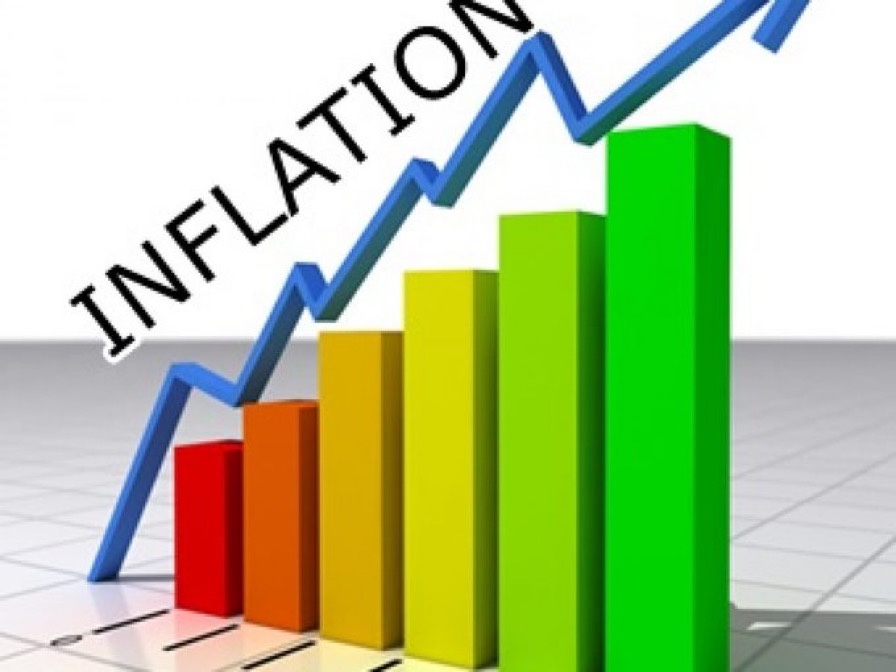Inflation reduces rate of house price growth by 100%

Inflation wipes 100% off house price growth for the average seller
Research from London lettings and estate agent, Benham and Reeves, has revealed just what the current high rate of inflation means when it comes to the value of the nation’s bricks and mortar.
Benham and Reeves looked at the level of house price growth seen by the average homeowner coming to market now, based on the average time spent in a home of 21 years. They then adjusted this level of property price appreciation to account for inflation.
The research shows that on average across the UK, house prices have climbed by a huge rate of 194% since 2001 – up from £96,499 to £283,496. This means the average homeowner entering the market now has seen a £186,997 increase in the value of their home.
However, when adjusting for inflation, the average UK house price in 2001 climbs to £146,293, meaning the rate of house price growth seen since falls to 94%. This is a 100%, or £49,794 reduction as a result of rising inflation.
This inflation adjusted hit to house price growth is at its largest in Wales. In the last 21 years, the nation has seen a nominal increase in property prices to the tune of 265%. However, once adjusting for inflation, this falls to 141% – a drop of 124%.
Homeowners in Yorkshire and the Humber (-122%), the North West (-121%), Scotland (-121%) and the East Midlands (-120%) have also seen the rate of house price growth enjoyed over the last 21 years reduce by 120% or more due to inflation.
In London, there’s a 114% difference in the nominal and inflation adjusted rates of house price growth over the last 21 years, although this does account for the largest reduction in pounds and pence at £81,093.
Every borough but one has seen house price growth reduce by well over 100% when comparing the nominal rate of growth to the inflation adjusted rate, with Waltham Forest seeing the largest reduction at 150%.
Director of Benham and Reeves, Marc von Grundherr, commented:
“Even the might of the UK housing market is susceptible to the current high rate of inflation that has cast a shadow over the economy and with the cost of living now sky high, those entering the market to sell will be paying a price.
Of course, this reduction isn’t coming straight out of their pocket per say and they will still be selling for today’s price versus the price they paid when they first purchased the property.
However, it highlights just how much more things are now costing when the inflation adjusted rate of house price growth seen in the last 21 years is 100% lower than the nominal change.”




